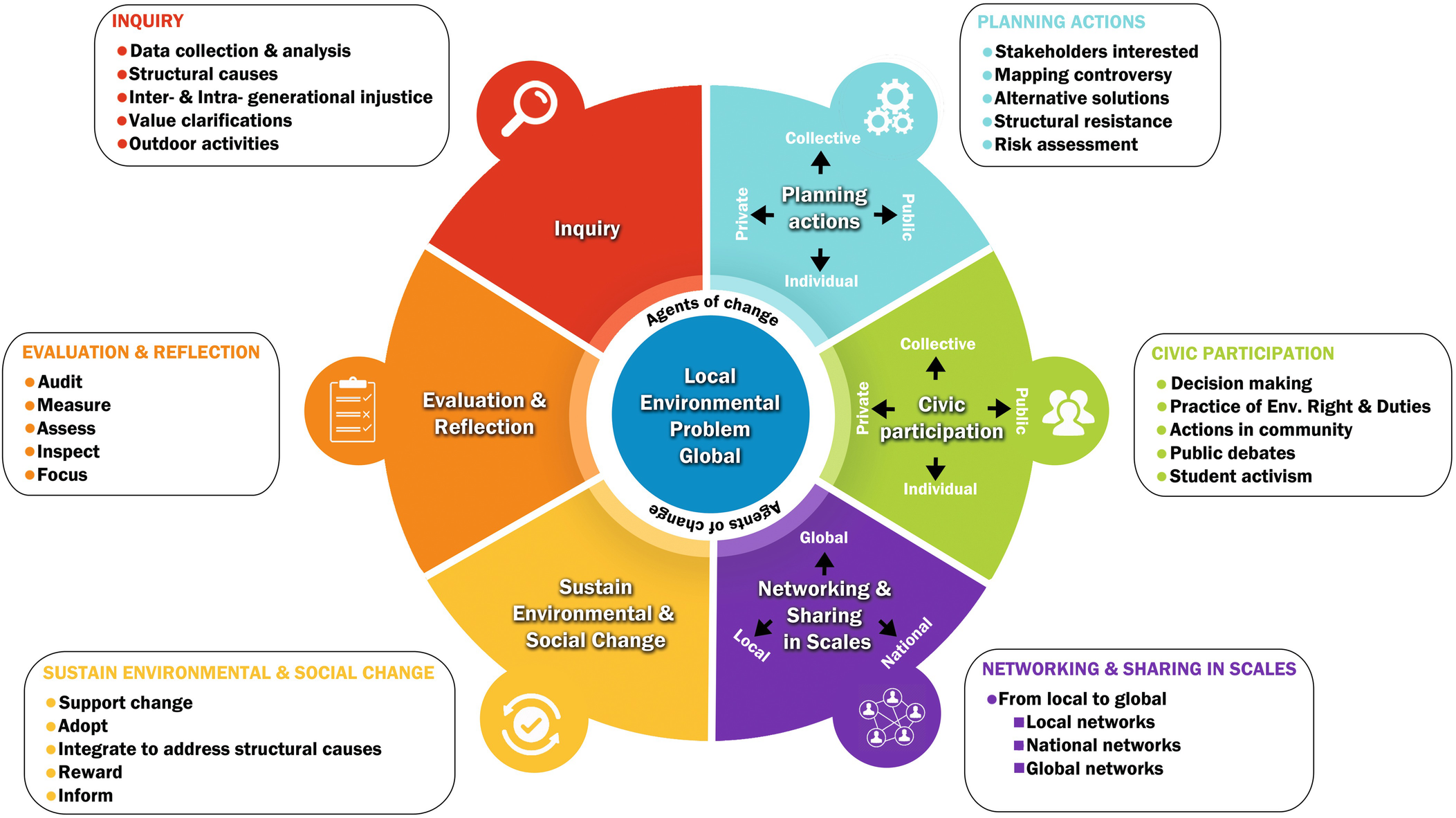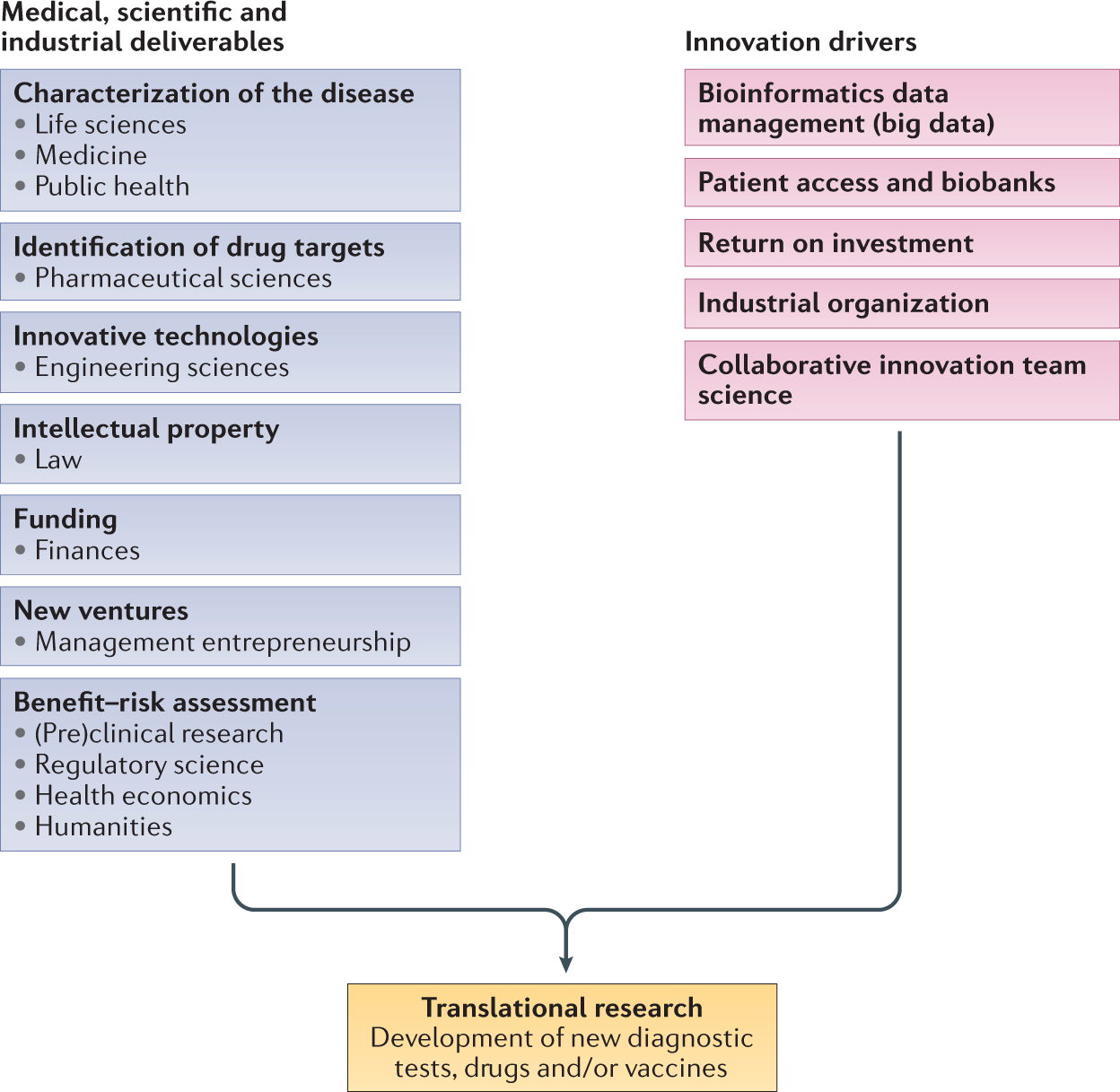
Moreover, anthropologists noted that complex learning still takes place within indigenous communities that had no formal educational institutions.

This concept of formal learning being the socio-cultural accepted norm for learning was first challenged by Scribner and Cole in 1973, who claimed most things in life are better learnt through informal processes, citing language learning as an example. Traditionally formal learning takes place in a school or university and has a greater value placed upon it than informal learning, such as learning within the workplace. The debate over the relative value of formal and informal learning has existed for a number of years.
#NATURE CHARACTERISTICS AND SCOPE OF NON FORMAL EDUCATION PROFESSIONAL#
Įxamples of non-formal learning include swimming sessions for toddlers, community-based sports programs, and programs developed by organisations such as the Boy Scouts, the Girl Guides, community or non-credit adult education courses, sports or fitness programs, professional conference style seminars, and continuing professional development.


These form the three styles of learning recognised and supported by the OECD. Non-formal learning includes various structured learning situations which do not either have the level of curriculum, syllabus, accreditation and certification associated with ' formal learning', but have more structure than that associated with ' informal learning', which typically take place naturally and spontaneously as part of other activities. Khamla Panyasouk of Big Brother Mouse in Laos reads to children


 0 kommentar(er)
0 kommentar(er)
